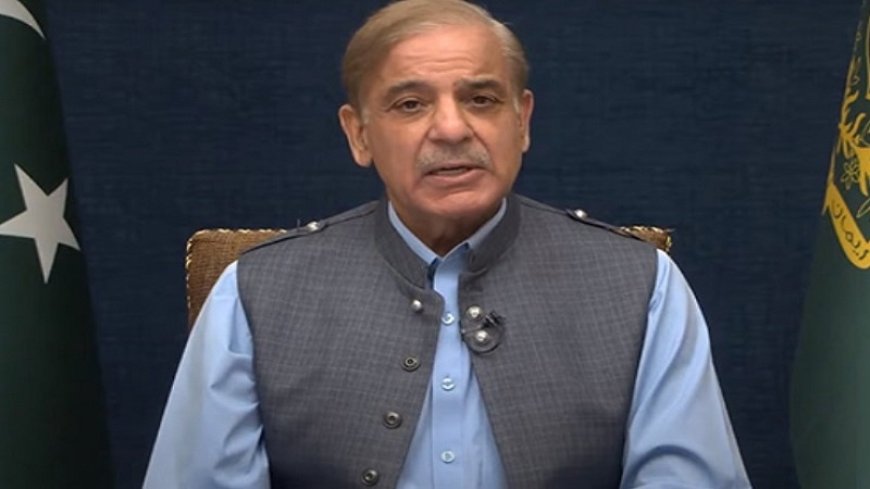Shehbaz Sharif has been appointed prime minister of Pakistan after a controversial election
Shehbaz Sharif has been appointed as Pakistan's prime minister for the second time, three weeks after controversial elections that led to the formation of a coalition government.

Pakistan's new National Assembly, as the lower house of parliament is called, elected Sharif as prime minister on Sunday with 201 votes, leading a shaky coalition that has shut out supporters of jailed opposition leader Imran Khan.
The newly appointed Speaker of the National Assembly, Sardar Ayaz Sadiq says Shehbaz Sharif has been appointed as the Prime Minister of the Islamic Republic of Pakistan.
Omar Ayub Khan was the candidate supported by the MPs who supported Khan, getting a total of 92 votes in his bid against Sharif.
In the National Assembly of Pakistan, consisting of 336 members, 266 are elected through direct vote, while 70 are nominated. Among the appointed members, 60 seats are reserved for women and 10 for representatives of religious minorities.
A political party or coalition needs 169 seats in the national parliament to take power, while the selection of nominees is determined by the electoral performance of each political party.
Imran Khan
Sharif, 72, is the younger brother of three-time Prime Minister Nawaz Sharif, who led the election campaign of the Pakistan Muslim League-Nawaz (PML-N).
Candidates backed by Khan won more seats but the PML-N and the Pakistan Peoples Party agreed to form a coalition government, which enabled Shahbaz Sharif to be elected prime minister while his brother stepped down.
Sharif served as prime minister until August last year when the National Assembly was dissolved to make way for a transitional government tasked with overseeing national elections.
Pakistan held elections on February 8 amid controversy. The delayed results sparked accusations of vote rigging and electoral fraud.
In Pakistan's 77-year history, no prime minister has managed to serve a full five-year term, due to the strong political influence wielded by the military.













































